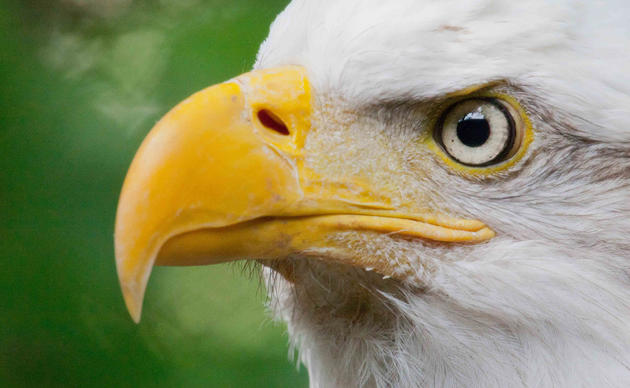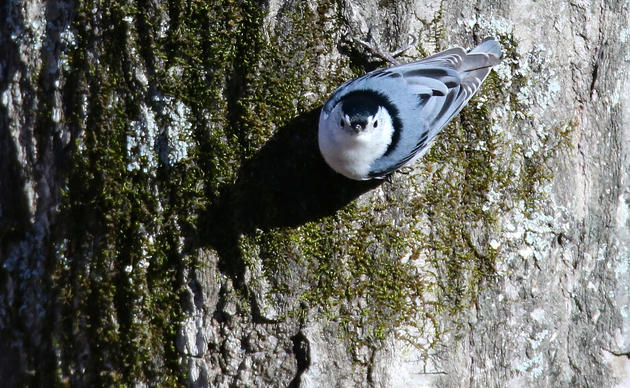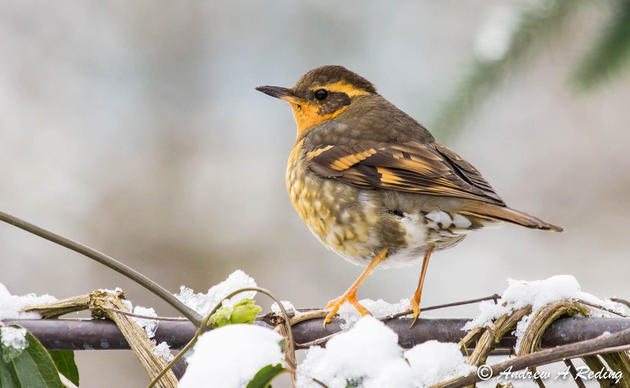Seattle, WA – February 20, 2020 —In order to achieve net-zero greenhouse gas (GHG) emissions in Washington state, it’s important to recognize the carbon sequestration and storage available from growing forests and manufacturing wood products. That’s why Audubon Washington supports the sustainable carbon forestry bill, HB 2528, which would create a voluntary grant program for natural and working forests.
HB 2528 promotes forest management and reforestation, recognizing that the forest products sector has an important role to play in fostering clean water, wildlife habitat, and carbon storage. Washington State has 22 million acres of forests and eight million acres of privately-owned forests managed for tree growth. As the second largest softwood lumber producer in the nation, sustainably managed forests and the production of wood products, from private lands alone, offsets an estimated 12 percent of our state’s carbon emissions.
As this bill acknowledges, one of the most important things we can do is keep forests as forests. Here’s why:
- For privately owned forest lands, allowing and even encouraging harvest of timber to generate revenue can be an important way to avoid conversion to developed land and, if done correctly, can promote improved bird habitat for a mix of game and non-game species.
- The best carbon sinks are larger trees, which are also the best habitat. Supporting markets for low-grade wood products like mass timber can help reduce incentives to harvest large trees and increase the potential for getting carbon storage and sequestration benefits.
- Reforestation and afforestation activities, if done correctly, can provide fantastic new habitat, particularly in riparian areas, wetlands, floodplains and associated uplands.
Audubon’s latest report, Survival by Degrees, found that if we fail to reach net-zero emissions by mid-century, two-thirds of North America’s birds will be vulnerable to extinction. Audubon Washington supports a broad range of policies approaches that would protect birds and people from climate change.
More information about Audubon Washington’s legislative priorities for the 2020 legislative session can be found at https://wa.audubon.org/conservation/legislative-session-2020
About Audubon Washington
Established in 1981, Audubon Washington works statewide with its 25 independent chapters and 35,000 members on the conservation of the sagebrush shrub steppe ecosystem in Eastern Washington, protection of coastal estuaries, and actions that address climate change, the number one threat to birds today. Through the Seward Park Audubon Center, it provides science, nature and environmental education programs for youth and families. Learn more at http://wa.audubon.org/, @audubonWA.
Media Contacts
Samara Villasenor, 425-255-0890, samara@greatworkcommunications.com



